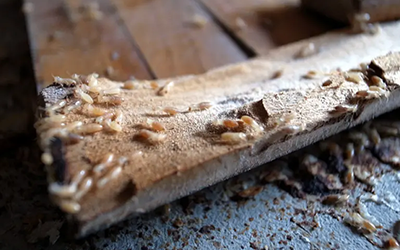
What Exactly Is a Termite Bond?
If you’ve looked at pest control services before, you may have seen a reference to termite bonds. What is this bond, and when do you
Call:
Text:
Leave your information below and we’ll be in touch with a FREE quote!
"*" indicates required fields
*During normal business hours. After hours calls will be returned the next business day.
Leave your information below and we’ll be in touch with a FREE quote!
"*" indicates required fields
*During normal business hours. After hours calls will be returned the next business day.

If you’ve looked at pest control services before, you may have seen a reference to termite bonds. What is this bond, and when do you
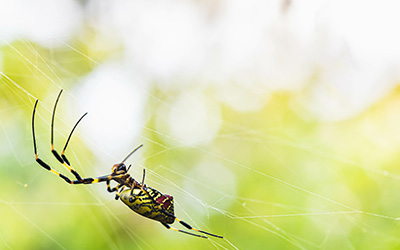
Picture a moment in your garden, a tranquil retreat, until a sizable spider catches your eye, its web sprawling across the expanse between trees. Far
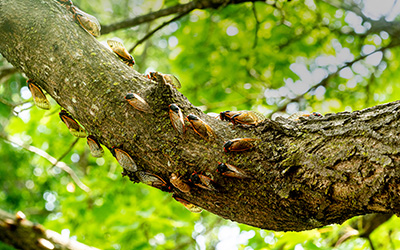
This year, Georgia and its neighbors are set to experience a mesmerizing natural event. The upcoming cicada emergence is not only rare but also fills
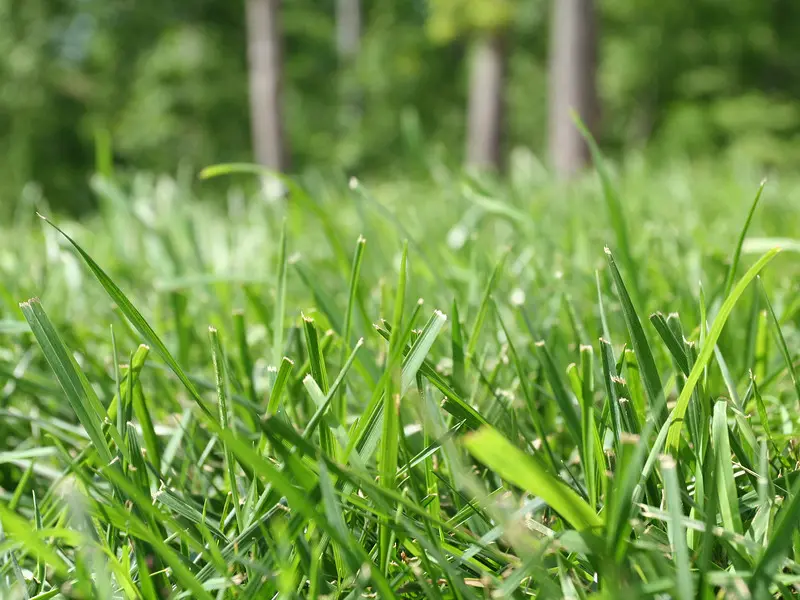
Everybody’s lawn is slightly different. Some people have more shade than others, many people have different types or qualities of soil on their property. That’s

When it comes to pest control, you may be most worried about mice, rats, or roaches. These gross pests are some of the most maligned
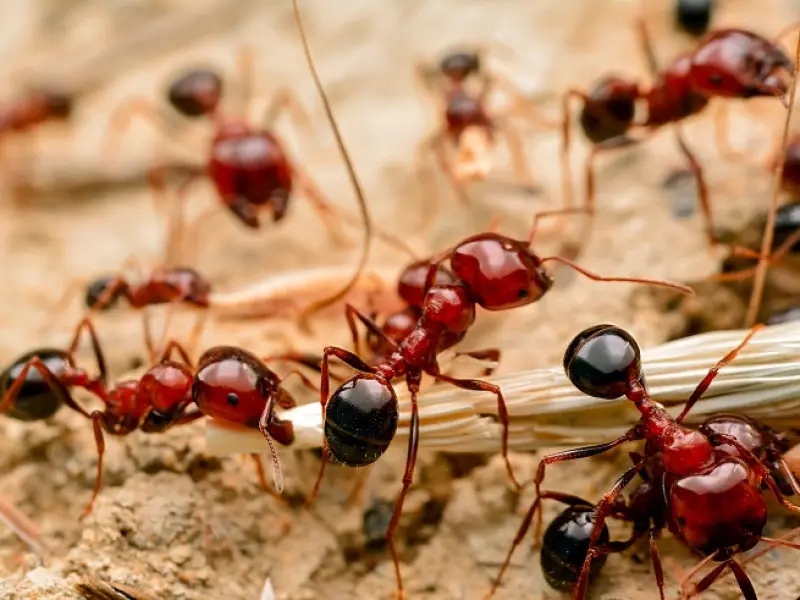
There are many species of ants that are native to North America. Certain species have been introduced from other countries to combat another species, such
M-F: 8:00am – 5:00pm
Inspect-All Pest Services has protected homes across the state with innovative technology and customized pest management solutions — centered around ongoing prevention, removal, and exclusion.
When it comes to living and working pest-FREE, the best choice is Inspect-All Pest Services.
*Treatments and covered pests defined in your Plan. Limitations apply. See Plan for details.